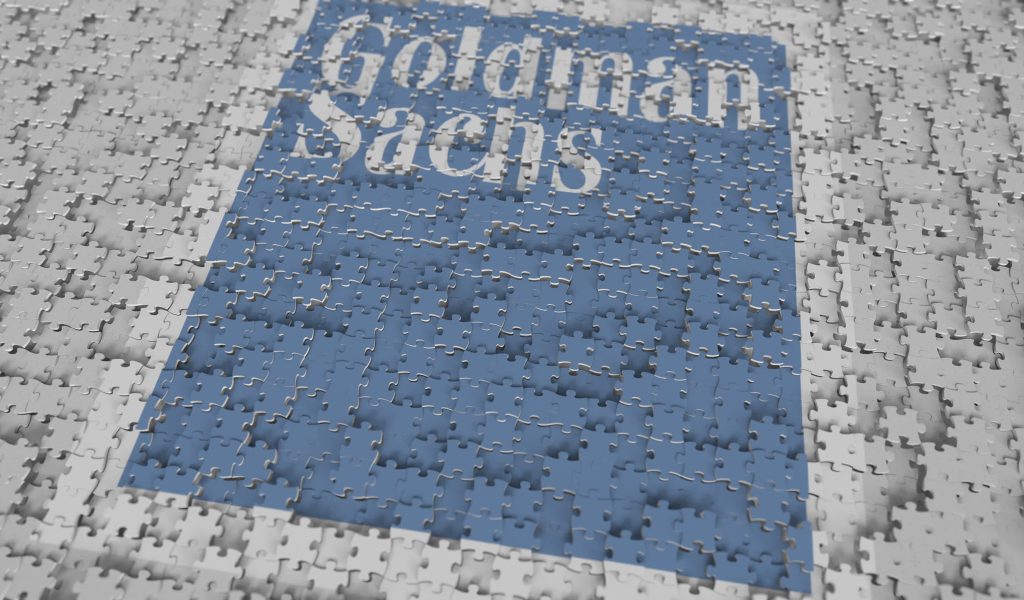I don’t have a crystal ball, but one is hardly necessary to predict that the future of internet search will look dramatically different than it does today. In the past year, you’ve likely used ChatGPT—or another AI platform—to research travel destinations, restaurants, or other background information for the first time. In doing so, you likely appreciated the transformative potential of AI: distilling vast amounts of data into concise, personalized information for your review without even visiting a website.
If that experience wasn’t enough to make traditional search (visiting Google, typing an inquiry, and clicking on multiple websites) feel a little antiquated, Apple’s most recent product launch may be the answer. In the coming weeks, Apple is set to launch its new Vision Pro headset with the ability to conduct “search” solely through voice commands and hand motions. Vision Pro also reportedly includes a feature dubbed “Visual Search” allowing users to gather information on items simply by looking at them.
While it remains a mystery how the future of search will evolve—whether through AI, an augmented reality device like Vision Pro, or a combination of both—what we can say is that “search” is already changing right before our eyes.
Which brings us to the flawed enforcement actions undertaken by the Federal Trade Commission (FTC) against Google. Among its grievances, the FTC alleges that Google has a monopoly on search — a claim our experience tells us must be dismissed outright. As the previous examples reveal, we don’t know what the future of search is. At best, the government can only deduce what search was.
The FTC refuses to acknowledge what is so obvious — they have no idea how you will search for anything in the future.
In fact, all we can say for certain with regards to search is that it won’t look anything as it does today. The FTC’s litigation suggests they strangely envision a future in which everything stays the same. Even if Google dominates traditional search (despite ample competition still existing), it’s a significant leap to believe they will dominate whatever arrives next in this rapidly changing landscape. No one stays on top forever—not even the New England Patriots.
Years ago, Amazon Founder Jeff Bezos even admitted to his employees, “I predict one day Amazon will fail. Amazon will go bankrupt.” Bezos elaborated that his employees’ mission, therefore, was to delay the inevitable as long as possible.
This, in a nutshell, explains the flaws with federal antitrust enforcement. Regulators routinely fall into the trap of fighting yesterday’s battles, wasting taxpayer resources, and subjecting American businesses to legal harassment with zero foresight into how an industry will evolve. One could have made the case that Blockbuster had a monopoly on movie rentals, and we know how that turned out.
The nature of “search” is changing every day — Maybe Lina Khan needs a Vision Pro to see it.
Republished from RealClear Markets








